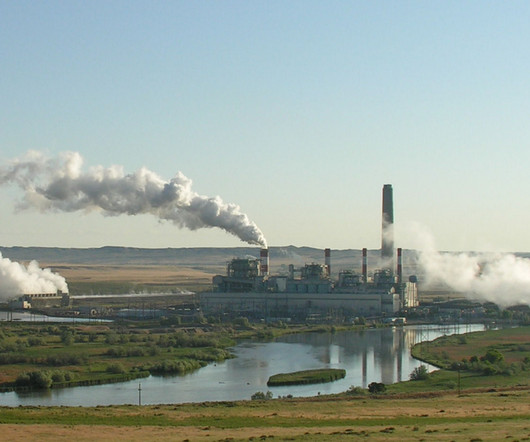Italy’s Eni Faces Lawsuit Alleging Early Knowledge Of Climate Change
DeSmogBlog
MAY 9, 2023
Greenpeace Italy and Italian advocacy group ReCommon aim to build on a similar case targeting Anglo-Dutch oil major Royal Dutch Shell in the Netherlands to force Eni to slash its carbon emissions by 45 percent by 2030. Eni has set a target of net zero carbon emissions by 2050. “Eni took a bath of green paint,” Abbate said.















Let's personalize your content